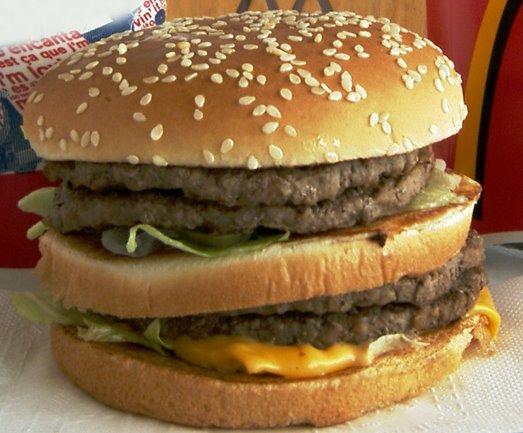Definition
Dramatic irony is the contrast created between what the character understands of his or her situation, and what the audience or reader understands usually due to the audience having more knowledge than the characters. Dramatic irony has nothing to do with dramatic in the sense of the world and can be used in all genres of literature works (comedy, tragedy etc). Dramatic irony can be used to engage the audience or reader.
Etymology/Roots
Irony, from Greek eironeia, meaning "hypocrisy, deception, feigned ignorance."
Dramatic Irony in Macbeth:
Dramatic irony is very prevalent throughout Macbeth, especially in act two.
example 1: When Lennox asks Macbeth whether the king is to leave Macbeth's castle for home (act 2 scene 3, 53-54)
Lennox: "Goes the king hence today?"
Macbeth: "He does: he did appoint so."
The audience knows that Macbeth has murdered Duncan the night before, so Macbeth's response of "he did plan to leave today" holds a different meaning. The audience would interpret Macbeth's response to be that Duncan's physically leaving this world today, but Lennox would interpret his response to be that Duncan's leaving the castle today.
example 2: When Macbeth’s castle porter acted as if he was the porter of the gates of hell. (act 2 scene 3, 1-2)
porter: "Here's a knocking indeed! If a man were porter of"
hell-gate, he should have old turning the key"
The porter's monologue continues from line 1 to line 19, with many references to the devil. The audience knows of the "devil's" deeds committed in the castle last night, but the porter has no knowledge of it. Therefore, his words hold a different meaning for the audience than for the character himself.
example 3:Macduff's refuses to tell Lady Macbeth what has happened the morning after Duncan's death. (act 2 scene 3, 92)
Macduff: "The repetition in a woman's ear would murder as it fell,"
Lady Macbeth: "Woe, alas! What in our house?"
The audience knows that Lady Macbeth is the mastermind behind the murder, but the other characters do not. The irony lies not in Lady Macbeth's response, but in Macduff's statement. The audience can not help but ignore the serious tone of the scene to laugh at the irony of his choice of the world "murder".
Links:
http://www.k-state.edu/english/baker/english320/cc-dramatic_irony.htm
http://rhetoric.byu.edu/figures/I/irony.htm
http://www.etymonline.com/index.php?search=irony
Friday, February 6, 2009
Subscribe to:
Comments (Atom)

